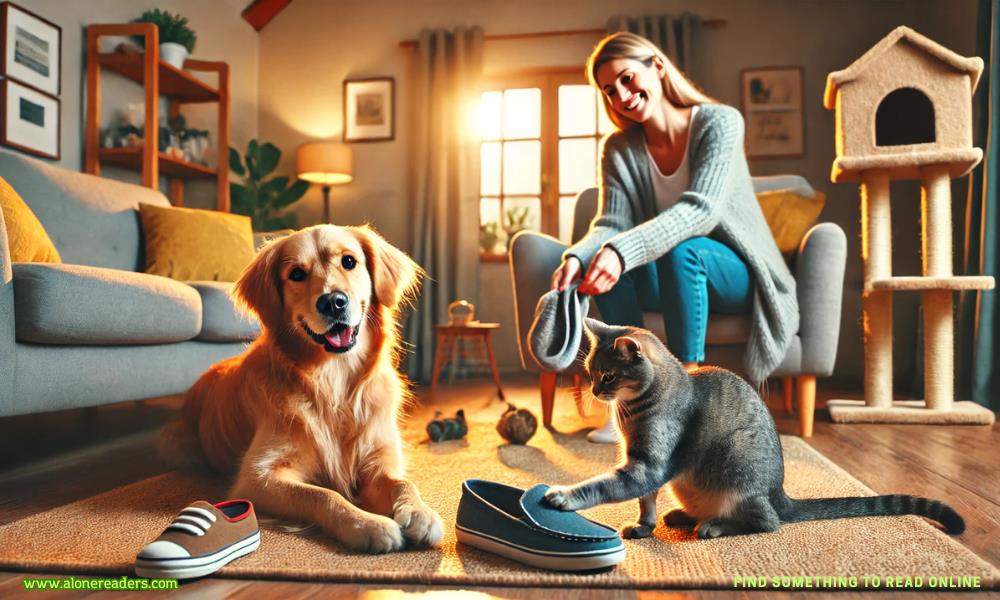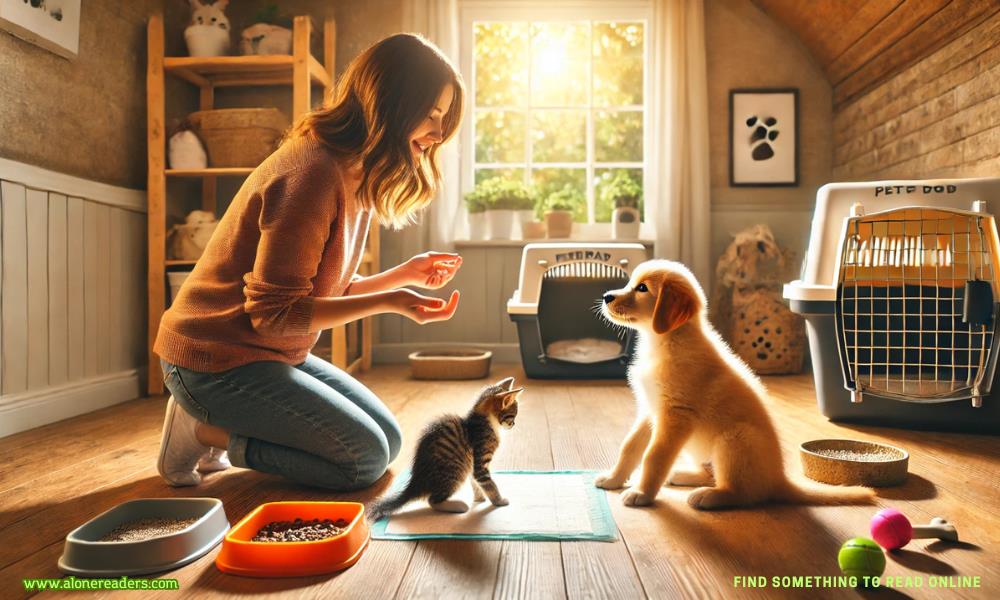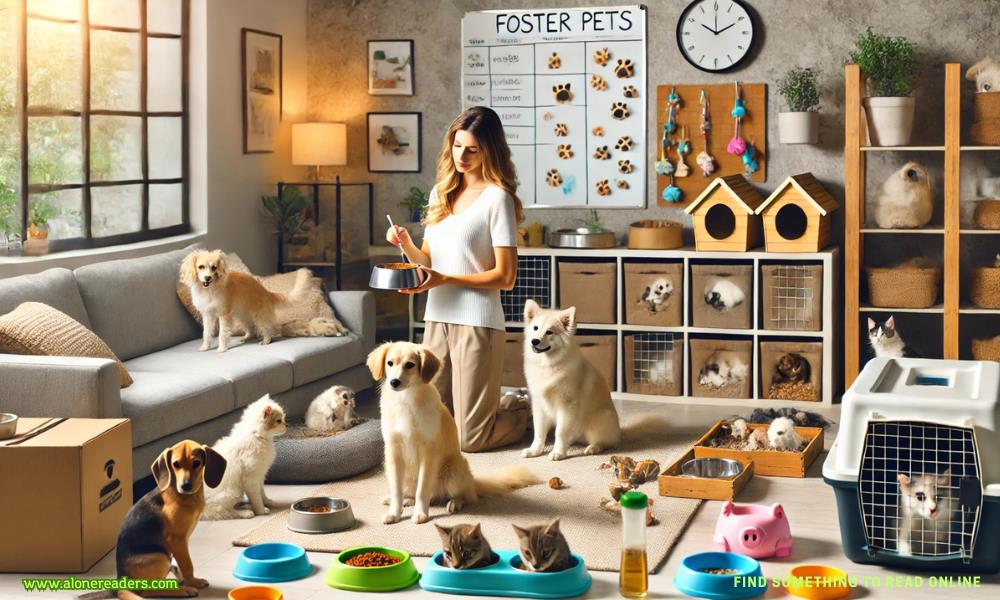Page 2 of Take Me to the Wedding
Ani was a human tornado, full of energy and endless optimism, all jam-packed into a five-foot-two frame. She was getting married in the middle of June, in just three weeks, and I was lucky enough to be one of her bridesmaids even if I personally didn’t believe in love—at least for myself. But I tried to keep that opinion quiet.
Before I knew it, I was being pulled by the elbow down the bright central aisle of the surgical floor by a petite powerhouse of a woman with a halo of blond curls as a parade of people in scrubs all colors of the rainbow passed by, some dragging EKG and portable X-ray machines, others cradling their own early-morning Starbucks. Almost everyone smiled.
That’s how it was in a children’s hospital. No one was here for themselves. And everyone had one mission—the kids. I was so proud to work here.
“Sam, I’m so sorry,” Ani whispered, stopping halfway down the hall, which filled me with sudden dread. “There’s been a last-minute switch. Erin’s been named anesthesiologist on this case, ortho fellow’s orders. I tried to buy you some time—I told her to come back in ten minutes to do the pre-op interview.”
My first reaction was confusion. Last-minute switches were unusual. “The ortho fellow took me off the case?” Suddenly the truth dawned.“Caleb?”
Ani didn’t need to nod. The solemn look in her eyes confirmed everything. Hot indignation boiled my blood. “Hedid this.”Hebeing that awful splinter in my heel, the one person I tended to lock horns with personally and professionally.
Unbelievable—but predictable since there’d been no love lost between us from the very first time we’d met. I tapped my finger against my lips as I paced, trying to wrap my head around the fact that the person I despised the most was about to prevent me from doing my job on a case. Not any case: Joseph’s case. I’d been in on both previous surgeries. I had a special place in my heart for this family. They knew and trusted me.
Some people thought that anesthesiologists were good at technology and procedures but had little bedside manner, but that was not true. One of the most important things we do daily is to help to calm and reassure patients and families on some of the scariest days of their lives.
Ani squeezed my arm. “I’m really sorry, Sam. Go talk with him.” I immediately started to take off to do just that, but she held me back one last time. “More flies with honey,” she warned.
“Thanks,” I mumbled. She knew me too well. My tendency to jump into anything with both feet was good for tense situations in the OR but sometimes bad for conflict resolution. I often spoke my mind first and thought later. I guess that was why I wasn’t a diplomat.
This time I had to be careful. I was in the last months of my pediatric anesthesia fellowship, and I’d applied to join the anesthesia group here at Children’s. I couldn’t afford to be unprofessional no matter how annoying Caleb was.
This was the first time any of our conflicts had escalated to this level. I’d make sure it would be the last. I couldn’t allow anything to interfere with getting this job.
I strode at a fast clip across the massive pre-op area, my bright pink Danskos squeaking on the shiny tile floor. Around me, I heard thescreekof curtains being pulled back on patient bays and gurneys being wheeled down the central aisle as the unit buzzed to life under the bright white lights like the floodlights of a movie set.Lights, camera, action.
I passed the giant whiteboard with all the day’s cases. Sure enough, my name had been erased and replaced by my colleague Erin’s.
I struggled to slow my breathing. A quick touch to my cheeks indicated that they were as fiery as my temper. This was sadly my normal reaction to Caleb. Nothing I did helped me to calm down. I was the emoji with the brains about to blow off its head.
One final turn and the object of my wrath came into plain sight. He stood at the central nursing station, his tall frame a little hunched over as he quietly examined an electronic tablet in his hands, prepping for his first surgery.
We’d miraculously managed to be civil to one another, especially at work. But this… this stunt meant war. I approached the desk where he was deep in thought, his thick, wavy hair tumbling forward as he read.
Before I could speak, Dr. Agarwal, one of the ortho attendings, walked up and slapped him on the back. “You ready, son? I’m just going to stand by and watch. The helm is yours, okay?”
Caleb saluted. “Aye, aye, Captain. As ready as I can be, sir.”
Their interaction was friendly and harmless, a show of both how well Caleb was liked and his easygoing humor. It also showed—to me, a female physician—how male physicians spoke to each other. Would any attending, female or male, call me “daughter”?
I understood that I had built-in anger toward charismatic men: my mother had been briefly married to one, my father. After their divorce, he swept in and out of my childhood, promising the world and delivering only disappointment after disappointment, until finally he left for good. And my mother had ultimately done the same. So I saw through Caleb’s charisma better than most. I tolerated him for Mia’s sake and for the occasional times we had to share an OR.
My grandma, Oma, had warned me that a man could be a woman’s downfall as had been my mother’s. I prided myself on being the type of woman who didn’t need that kind of man or, frankly, any man for that matter. Love was a fairy tale. Independence, strength, and self-sufficiency were what mattered. Men could be fun, but in general, they all sucked. I’d never had any reason to believe otherwise.
Dr. Agarwal left and I stepped up. A soapy smell filled the area surrounding Caleb that I immediately identified as Spring Fresh Dial, my own money-saving favorite that I bought in twelve-packs from the Dollar Store. Okay, so he smelled clean, and his looks might have been kissed by the angels, but I was not deterred. Looking around, I saw several people charting and making phone calls behind the massive nursing station. “Can I talk to you?” I asked while gesturing with my head toward a nearby door that led to the back transport hallway.
We walked through the double doors into the hallway, which was empty for now except for a lineup of clean gurneys along the sides. I waited for the doors to fully close behind us before I confronted him. “Why did you bump me from that case?” I struggled to keep my voice calm and even as Ani had advised.
He looked at me, his pale green eyes quietly assessing me, starting with my bright pink clogs, which caused him to lift a brow in disdain, up to my safari-print scrubs (hey, I work in a children’s hospital) and my bouffant-cap-covered hair, ready for the OR. I ignored the unusual but intriguing color of his eyes and his calm, intelligent—if derisive—gaze. Women tended to fall at his surgical shoe-covered feet. His smiley, glass-always-full personality drew men and women like a magnet. But I found him childlike and entitled.
His thick, dark brows knit down in a frown as he seemed to carefully search for words. As if he could actually defuse the bomb that he’d already detonated. “Yes, that was me,” he said, not really answering my question.
“At least you’re not denying it.”
He exhaled and then spoke carefully. “Look, Samantha, it wasn’t a professional decision. You’re good at what you do. But you’re so—” His voice trailed off.
I crossed my arms and urged him to continue as I silently plotted his demise. “So…?”
“…argumentative,” he said decisively, filling in the blank. “Headstrong. Obstinate.”
- Beneath the Burn by Pam Godwin
- Unhinged by Jane Henry
- Praise Me: Soldier by Jessa Kane
- Irresistible Temptation by Tory Baker
- The Brat and the Bodyguard by S.E. Law
- Seduced By the Mafia Don by Flora Ferrari
- However You Want Me by W. Winters
- Mountain Protector by Stella Banks
- Kissing My Brother's Best Friend by Lena Little
- Tempted By the Devil by Sienne Vega
- Husband for the Holidays by Dani Collins
- Arranged by Piper Stone
- Redemption by Tori Fox
- Inked Soul by Jade Marshall
- Speed by R.J. Scott
- Always You by R.J. Scott







